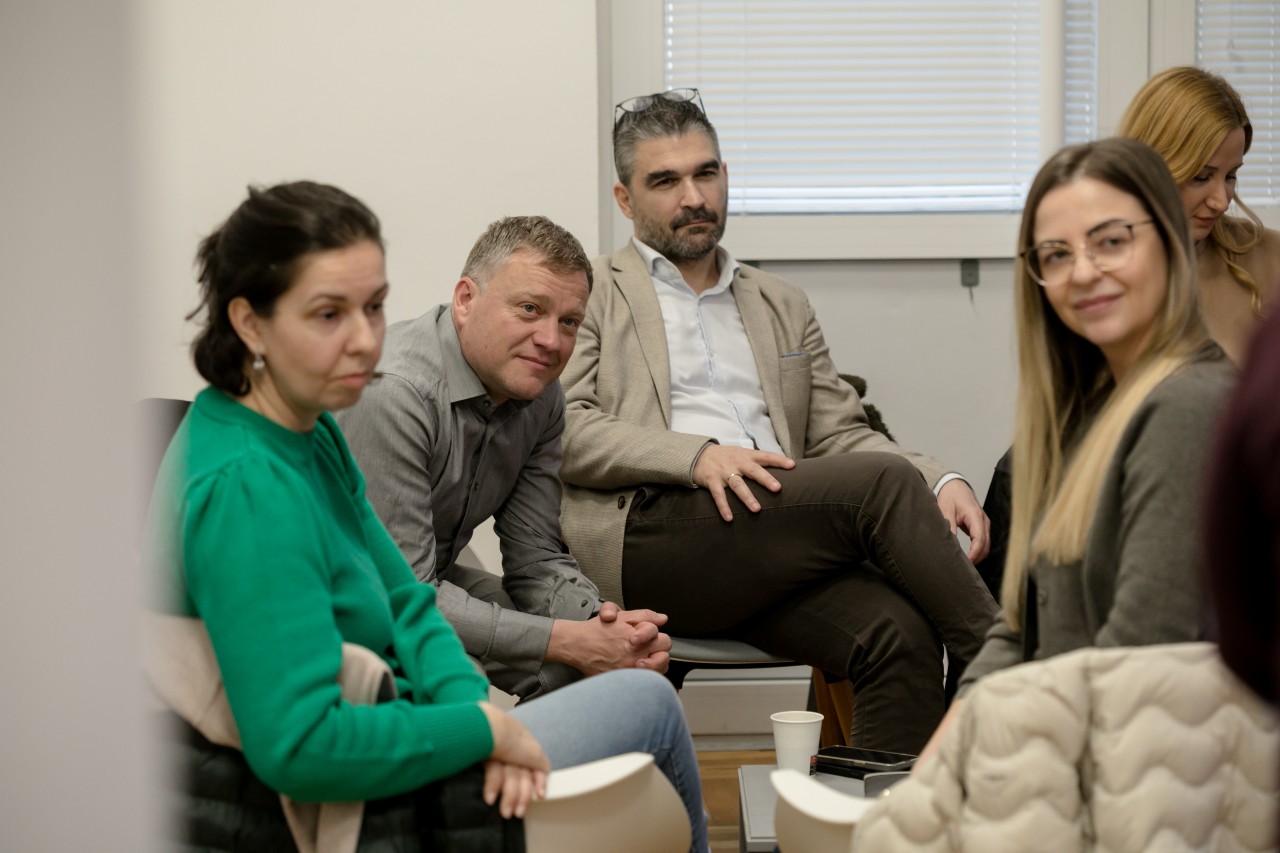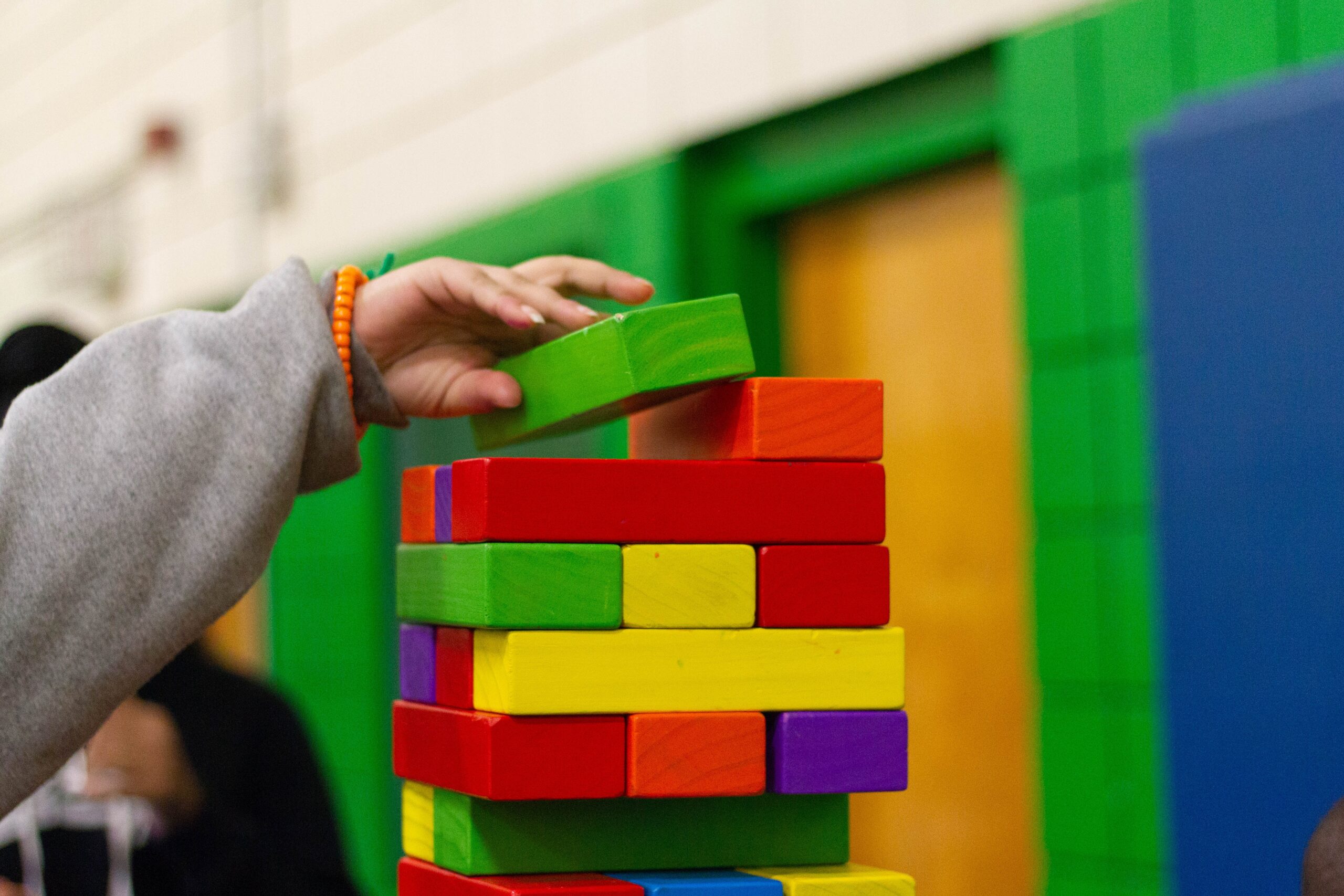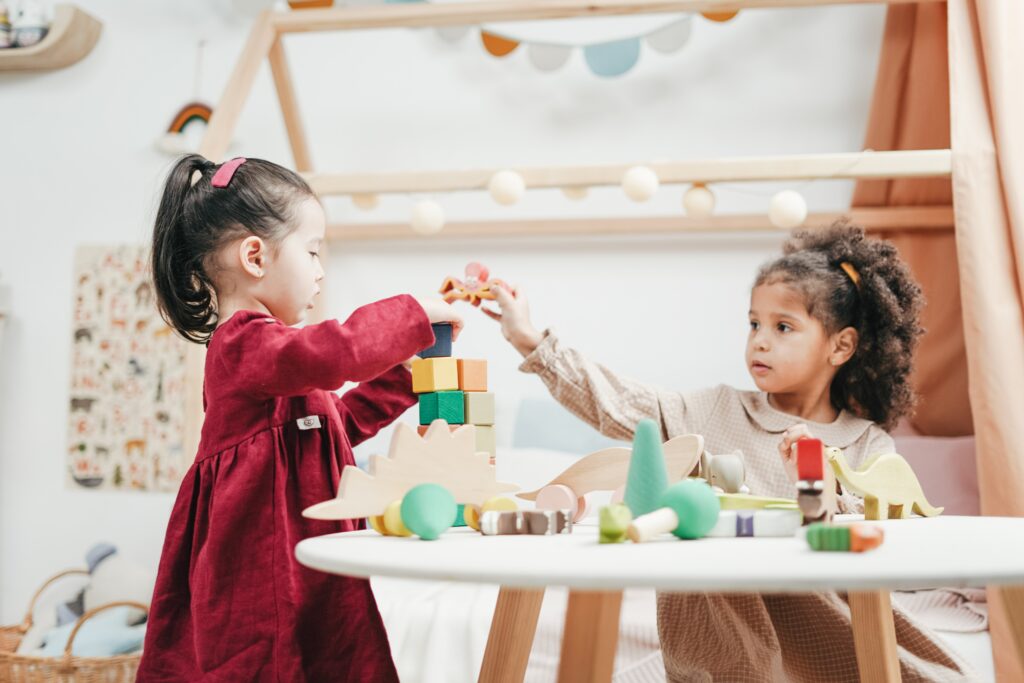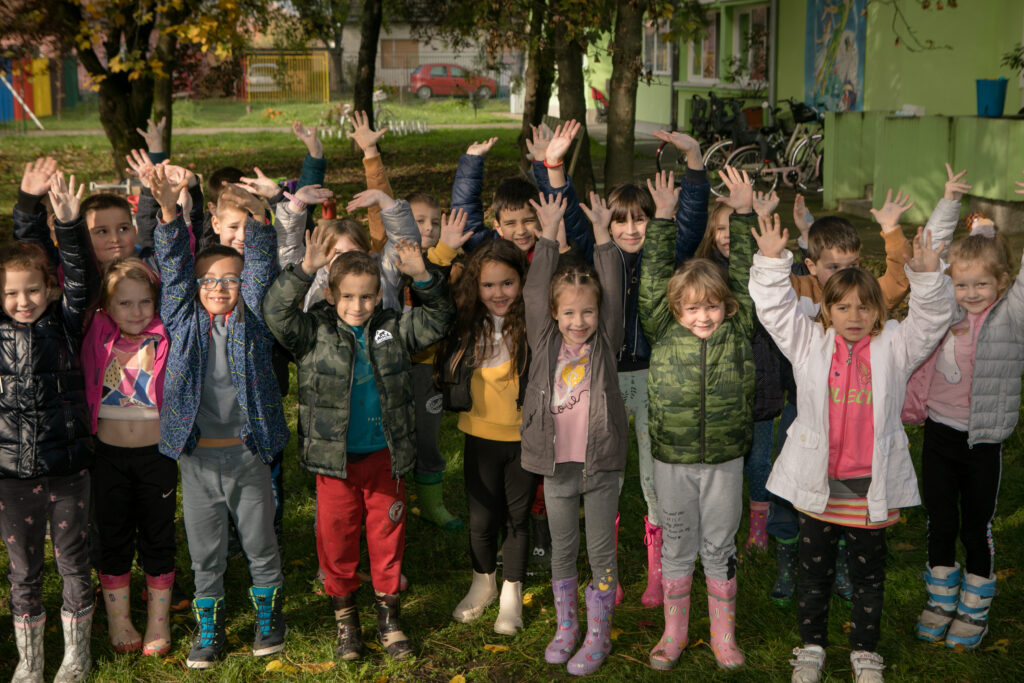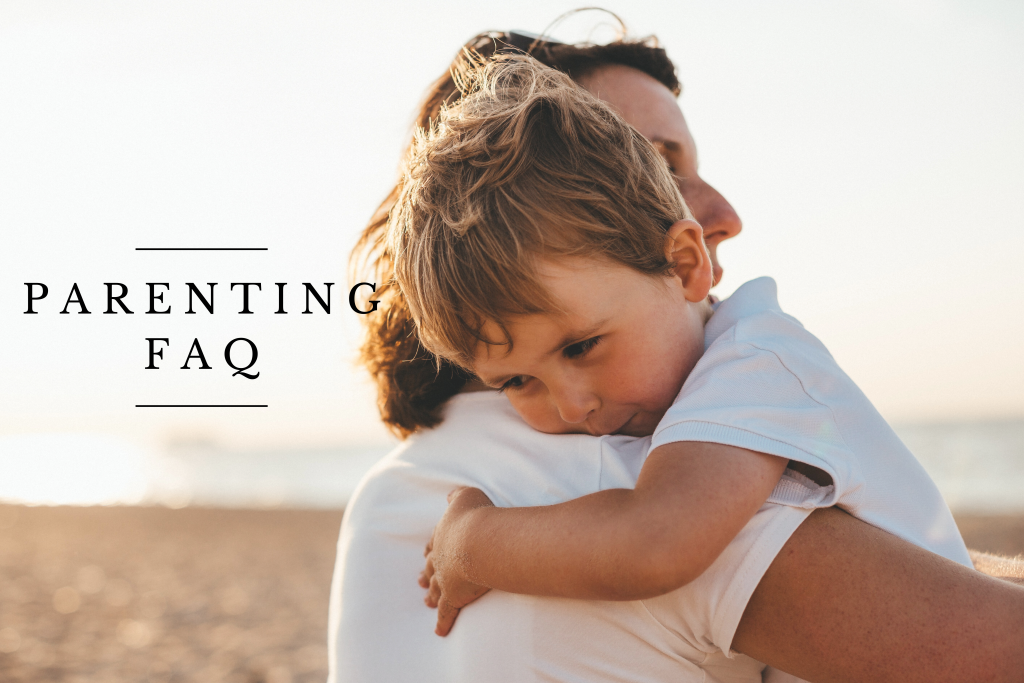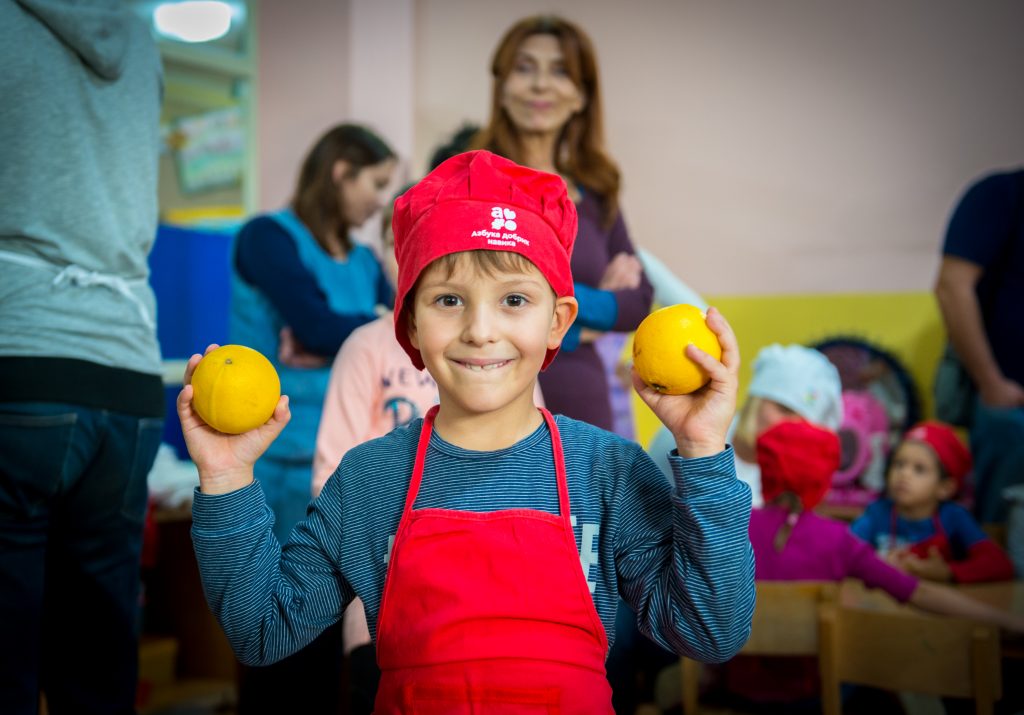Emotionally unavailable parents can create very intense and confusing environments for their children. These parents may have shut down and disconnected from their emotions to cope with personal traumas. However, such emotional neglect only exacerbates the unhealthy environments in which suppressed emotions thrive, limiting your child’s space to grow. Emotionally numb parents tend to be disinterested in their child’s internal world, creating a generational cycle of emotionally absent families and children who struggle with identifying and regulating their own emotions.
What does it mean to be emotionally present?
Emotional health is an important aspect of our general health that is often left overlooked. Being emotionally present is to be aware and in control of your thoughts, feelings, and behavior. When you know and understand where your feelings come from, you can find healthy ways to regulate your emotions. How you show up emotionally, affects not only yourself, but those around you. Words and emotional energy have great power. Being conscious of the things you say is important because they have a lasting impact that lingers long after you have said them. Your children remember how you showed up for them and it heavily affects their own emotional intelligence.
What does it mean to be an emotionally absent parent?
An emotionally absent parent can be insensitive or unaware of their child’s emotional needs. Even a physically present parent can still be emotionally absent if they take little interest in how their child thinks or feels. This can look like ignoring your child’s perspective or centering your own. Parents who lack empathy or express disinterest in the emotional lives of their children minimize space for their child to grow & develop emotionally. This can manifest as irritation when your child expresses emotional needs or being dismissive of their feelings. Failing to comfort your child when they’re upset can lead to emotional invalidation. This can look like using insensitive phrases when they reach out to you. Phrases like:
“that’s just how it is”
“you are too sensitive”
“stop making a big deal out of things”
“how do you think I feel”
Emotionally unavailable parents create children who will do things for love or external validation like achieving (in sports, academia, etc), performing certain tasks/behaviors that will garner positive responses or striving for high unrealistic goals, in attempts of perfectionism. These behaviors cause a ripple effect of consequences that can include
- Unhealthy coping mechanisms like addiction
- A lack of a sense of self
- Loneliness
- Depression or anxiety
- Overthinking or overanalyzing
- Craving chaos, dysfunction, and instant gratification
- Low self esteem
- Avoidant attachment style relationships
- Hyper-independence
- Emotional absence/emotional immaturity
- People pleasing tendencies
- Children taking on parental roles (caring or feeling responsible for regulating the parent’s emotions or being the parent’s confidant/friend)
How does being emotionally present help your child?
The positive impact of being emotionally present with your child is endless.
- Supports them and makes them feel seen/heard
- Creates mutual respect and trust
- Allows a flow of honest communication with you and your child
- Teaches your children how to be emotionally present with themselves and others
- Establishes a healthy sense of self and children who do not crave external approval/validation
- Teaches your kids how to navigate feelings rather than suppress them or hold them in the body
Being neglectful of a child’s developing self and emotional life can be very hurtful and damaging. Mocking or minimizing your kid’s feelings leaves children feeling misunderstood, confused and yearning for affection and to be seen. Give your children the gift of emotional presence and understanding, room to express and navigate their own thoughts and feelings without shame or fear.
About the Author: Diana Randjelovic is a writer, designer, and artist. With a Master’s degree in Landscape Architecture, Diana’s designs and writing focus on the memory work of people and place. She is behind the online community, mala mgzn which focuses on community care for Serbian women and daughters of immigrants.





